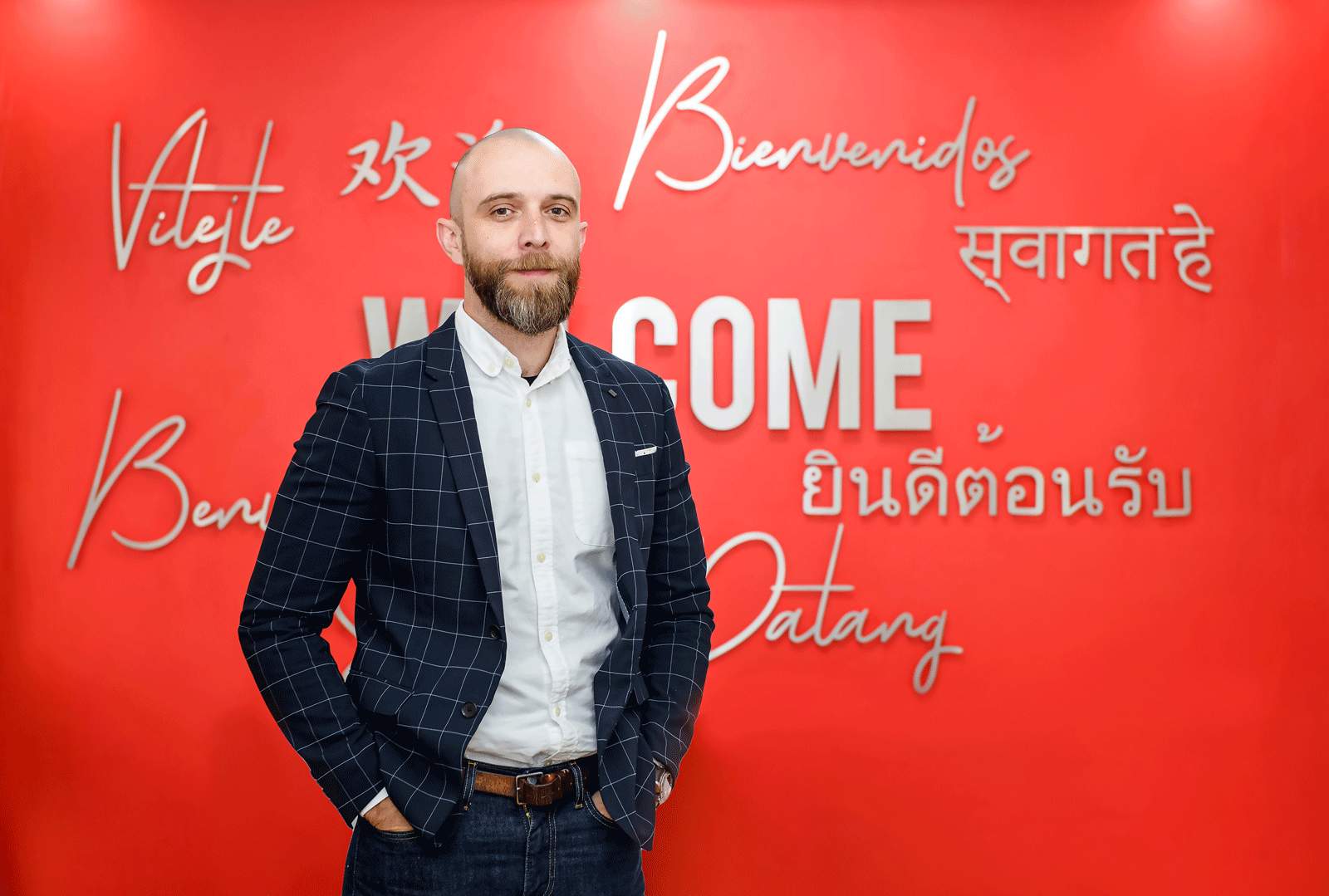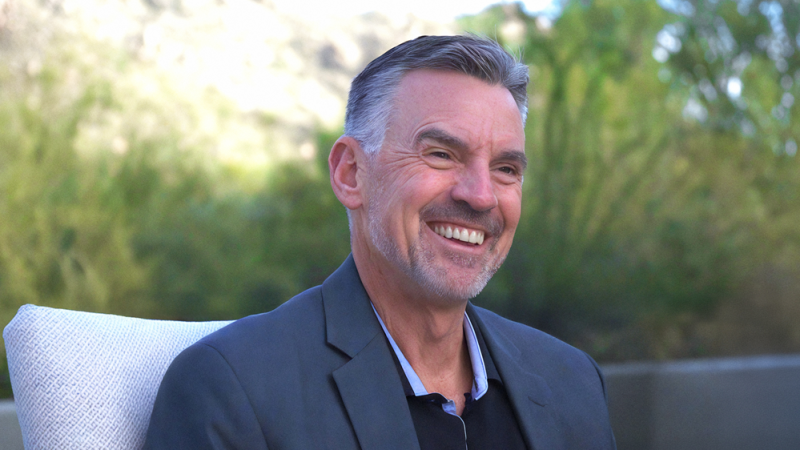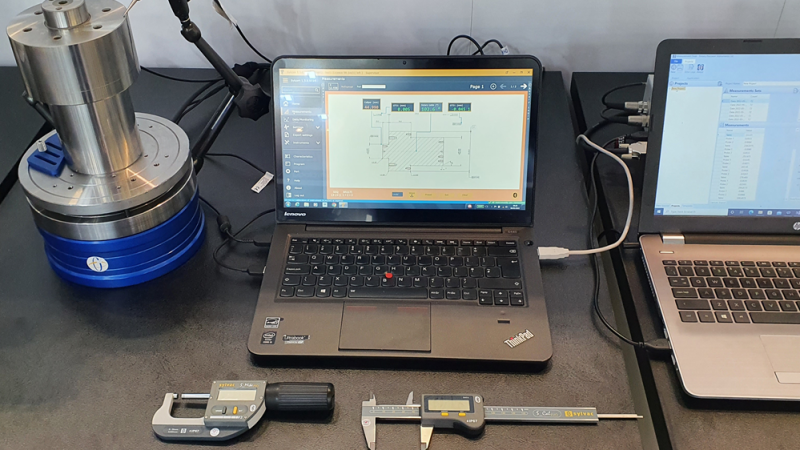150 million pairs of shoes a year – or 300 million individual shoes. Either way, Bata is a name that you will find on a lot of feet around the world. Its 32,000 employees, from over 75 countries, make shoes at 21 manufacturing sites and sell them through 5,300 retail outlets in more than 70 different countries.
And it has been doing this for nearly 130 years, since 1894. The company was founded by three siblings, Tomas, Anna, and Anthony Bata, in the Moravian town of Zlin, in what is now the Czech Republic. From there it expanded around the world, eventually establishing itself in South Africa in 1947, where it rapidly became known for affordable, reliable footwear sold under some of the country’s favourite brand names.
South Africa’s contribution to those 150 million pairs of shoes arrives in the form of 5 million shoes a year from its manufacturing facility in KwaZulu-Natal, which employs in the region of 500 people.
As well as the iconic South African brand, TOMY Takkies, and the outdoor adventurer brand, Safari, Bata dominates two key market sectors in South Africa. The first is the school shoe brand, Toughees. The second is the robust and reliable Bata Industrial Safety Footwear brand.
Those two pillars proved to be vital for Bata to make it through the tumultuous period following the Covid pandemic. For Bata, the aftermath of the pandemic was a time of consolidation and looking for opportunities. It was a deliberately modest strategy concentrated on Bata’s core South African markets. During a period when markets were tight, Bata South Africa was able to deliver on its budget, even overperforming despite difficult global conditions.
Now, however, Bata is positioning itself to begin a five-year mission of expansion beyond those key markets, supported by the global machinery of the Bata retail franchise and e-commerce channels.
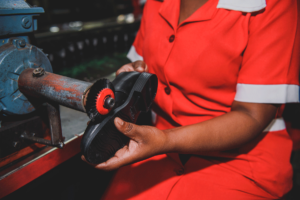 Making a Bigger Footprint
Making a Bigger Footprint
The strategy that Bata South Africa has established is based on expanding its local business, but also increasing exports to the wider African market.
According to Bata SA’s Country Manager, Michael Wyatt, the company will now focus on the vigorous expansion and distribution of some of the leading labels in Bata’s portfolio to existing local manufacturing.
The first steps of that plan will take place between 2023 and 2027, involving the introduction of several new collections in the international sneaker, comfort, and outdoor market categories.
Some of these new brands include the top-selling global children’s footwear range, Bubblegummers, as well as North Star sneakers, Power athletic footwear, and the outdoor-inspired Weinbrenner range, as well as the comfort-focused Comfit line.
But this is not a plan that Bata can execute alone. It depends on the power of key partnerships that will allow Bata SA to plug into the global Bata growth strategy.
Bata SA closed its own branded retail stores in South Africa several years ago, and so to roll out this new expansion plan there are already advanced retail negotiations underway. Bata’s retail partners include major chains such as Ackermans, PEP, Jet, Edgars, Mr Price, and Shoe City, alongside select wholesale distributors and e-commerce platforms such as Zando, Superbalist and Takealot. To get Bata SA’s products onto customers’ feet, they must first be on the shelves of South Africa’s leading retail chains, and that is the first focus of Wyatt’s growth strategy.
By operating as a global retailer, Bata SA is positioning itself to provide African customers with products, brands, and insights from around the world with unique selling points and opportunities for mutual growth.
Wyatt’s goal is not only to sell Bata SA’s brands wholesale, but to establish long-term partnerships with retailers that will grant them distinctive, and importantly, exclusive products.
At the same time as making big plans for Bata’s products at the point of sale, Wyatt is also investing heavily in the company’s back-end systems, including logistics, marketing, and perhaps most importantly, human capital.
To this end, Wyatt has overseen the launch of an instrumental new enterprise resource planning system, an African warehouse management system and a direct-to-consumer e-commerce platform, all geared towards supporting Bata’s strategy for expansion.
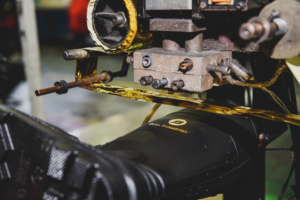 Moving Forward
Moving Forward
As well as collaborating with suppliers and retail partners, Bata has also received support in the form of a showcase of South African footwear and leather companies by the Department of Trade, Industry and Competition at last year’s Australian Footwear and Leather Show.
The industry event was an opportunity to connect Australian and New Zealand trade buyers with the best South Africa has to offer in the sector, perfectly in line with Bata’s strategy for expansion.
It is an exciting time for the industry, and all the forecasts point towards this being the perfect time to expand. Revenue in the sector is expected to see an annual growth rate of 1.58%, and the projected volume of the market is forecast to reach $88.17 million by 2027, with the number of footwear users expected to hit 16.1 million by that time. Even this year, the market has a projected volume of $43.6 million with user penetration at 17.4%.
But most importantly, Bata South Africa is using its performance in these rapidly growing markets to give back to the communities it works alongside.
It has been involved in a scheme to make water readily available at educational facilities in Loskop, northern KwaZulu-Natal under the Bata Children’s Programme, as part of an ongoing process of investment and contribution to the local KwaZulu-Natal community.
At a celebratory event on World Water Day this March, Bata presented the Qhubekani Creche and Gourton Bridge Primary School in Loskop with a water storage tank, water dispensers, water bottles lunch kits, and, being Bata, new school shoes.
Building on that, Bata and Standard Bank’s Tutuwa Community Foundation is collaborating with Rhodes University Community Engagement (RUCE) to donate school shoes to a no-fee school on the Eastern Cape.
Each year Bata South Africa sets out to expand not only its markets but the reach and impact of its social programmes.
As Wyatt says, “One of the main pillars in our purpose strategy is to engage in meaningful partnerships with brands who share our values and equally aim to make a difference in the lives of people who need our assistance the most.”
